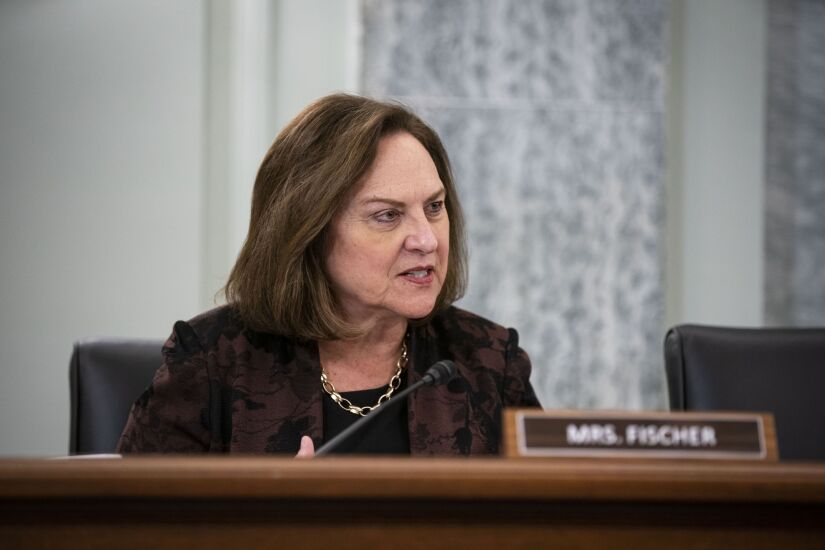Want unlimited access to top ideas and insights?
The prospect of three consecutive negative total return years, a GAO ruling giving congress the power to review the DoT's multimodal discretionary grant funding opportunity, and a proposed new tax on electric vehicles are among the latest developments in the Capitol that the industry is watching.
Read our roundup below for more on these stories and other muni finance news coming out of D.C.










